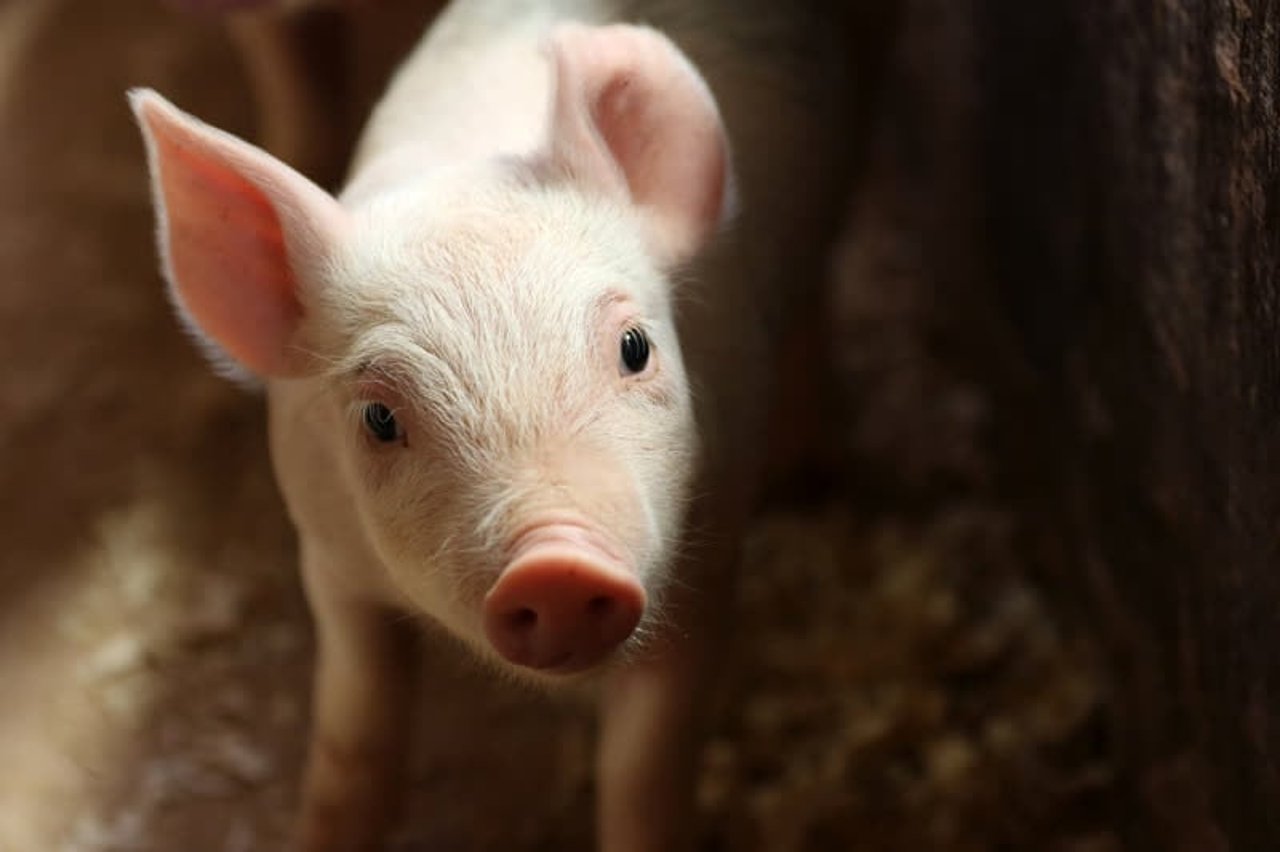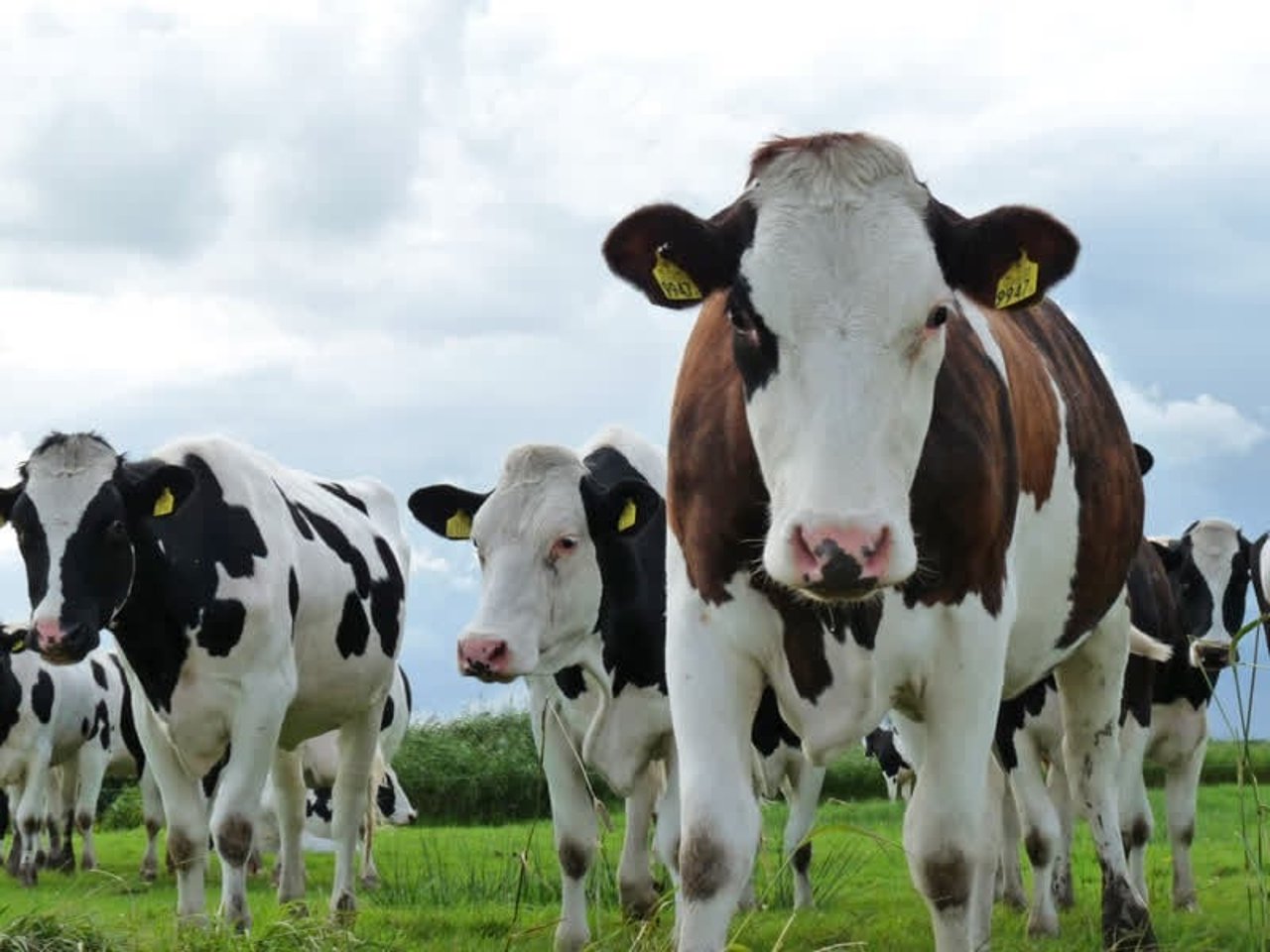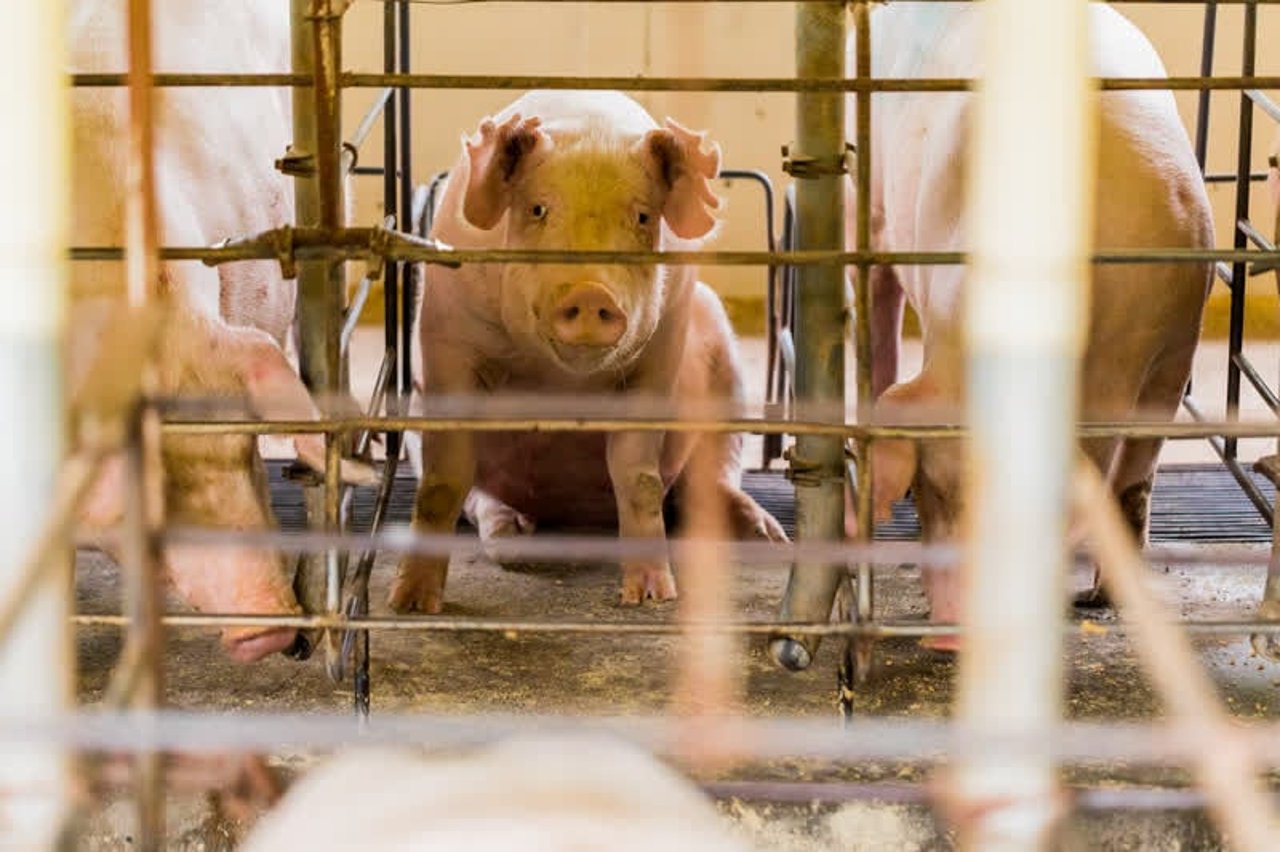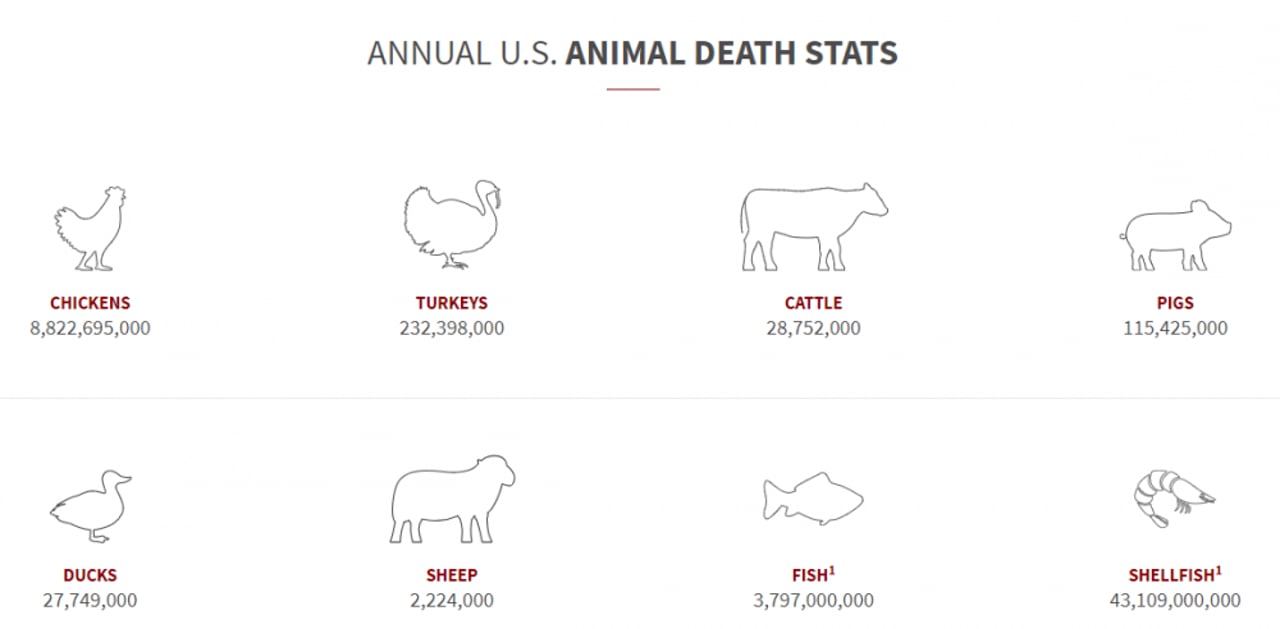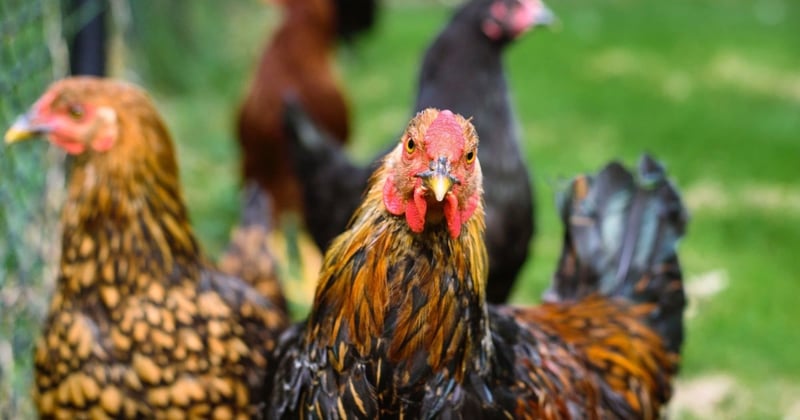
You may have heard the term “Flexitarian” being mentioned recently, but what does it actually mean?
The Flexitarian movement aims to educate and influence the masses about the benefits of eating plant-based foods and plant-based protein products.
Unlike strict vegans and vegetarians, Flexitarians don’t completely cut meat from their diets, they simply limit the amount of animal protein in their daily meal choices.
Rather than elimination diets that use an all-or-nothing approach that may not last, the Flexitarian diet uses small steps to make big changes.
The Flexitarian diet is beneficial for humans, animals, and the environment.
First and foremost, eating healthy should be on everyone’s agenda; it is always important to have a balanced diet that includes fruits, vegetables, grains, beans, legumes, and nuts, to gain enough fiber, vitamins, protein, and other nutrients to keep us healthy and fit throughout our lifetimes.
When comparing an average American who consumes 270+ pounds of meat annually versus a vegetarian, a vegetarian typically weighs less and consumes a reduced amount of cholesterol, calories, and fat overall.
According to the Mayo Clinic, individuals who consume red and processed meats often are at an increased risk of death from heart disease, stroke, or diabetes.
The Flexitarian diet also helps our planet by needing fewer resources, which in turn makes this lifestyle more sustainable.
With global meat consumption currently growing at an untenable, staggering level, industrial farming systems now prioritize efficiency at the expense of animal welfare—resulting in increased animal suffering and cruelty.
Animals in factory farms are kept in cramped, crowded spaces and bred through extreme genetic selection to reach slaughter weight quickly, resulting in painful lameness and injury.
According to Animal Clock, the amount of animal deaths per year to produce food in the US has reached unfathomable highs:
In addition to extreme animal suffering, global factory farming is now responsible for more greenhouse gas emissions than all trains, cars, and airplanes in the world combined, according to the UN Food and Agriculture Organization.
Factory farms produce over a million tons of manure per day in the US alone, which is three times the amount from the human population, and further pollutes our air supply.
Also, the amount of water resources used by the animal agriculture industry is astounding: to produce only one pound of beef, 1,800 gallons of water -- the equivalent of seven years of drinking water or 100 showers for an average person -- is needed.
And to think, 26.2% of US retail meat (14 billion animals) never even gets eaten and is thrown away as food waste by stores and consumers annually.
With all of these statistics and benefits for consideration, we recommend everyone give Flexitarianism a try. Just remember: everyone can make a difference.
If every person limits their meat intake to just one meal a day or even 6 out of 7 days of the week, they will not only help save hundreds of animals a year but better our planet for future generations.
